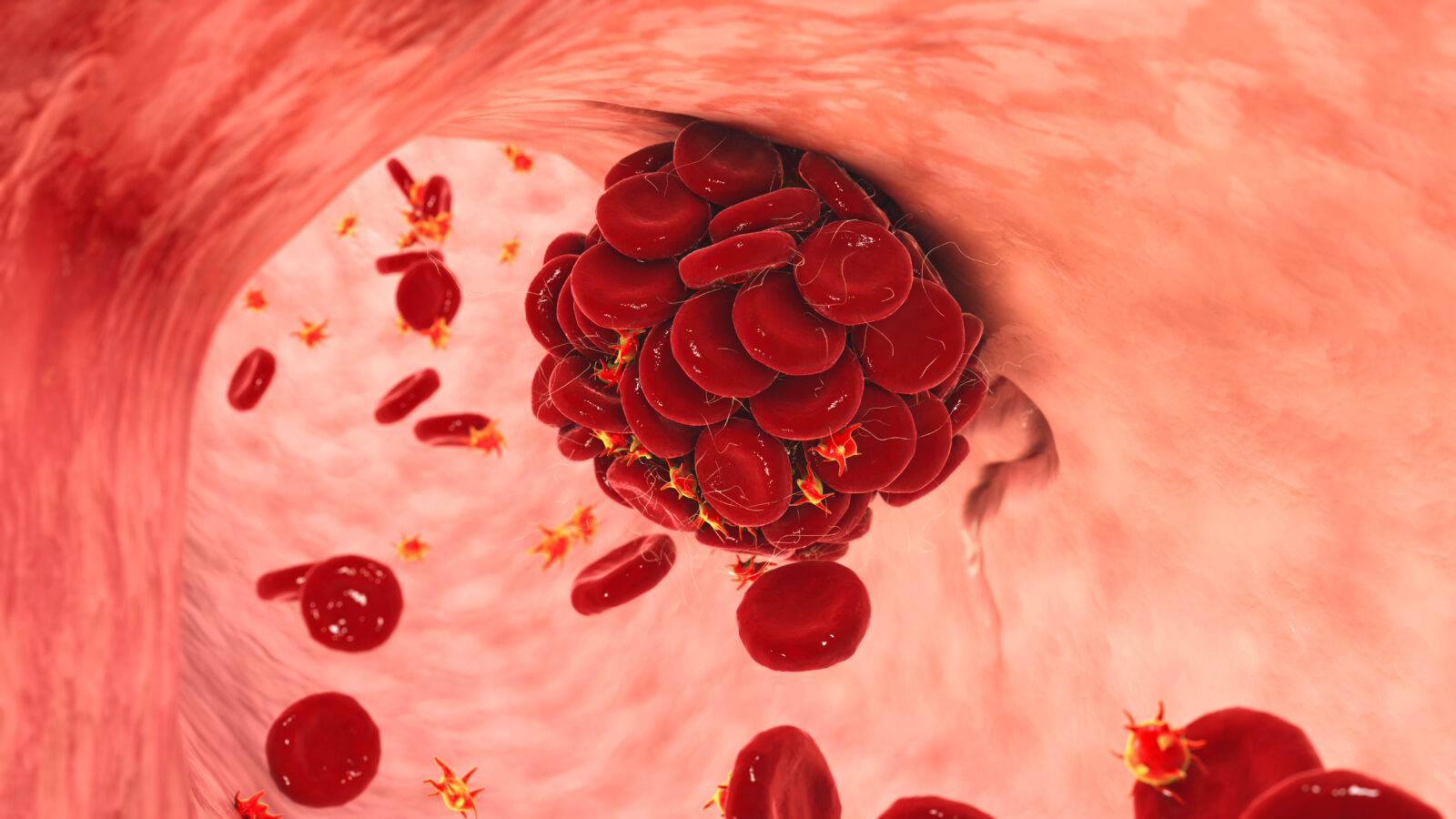


Michael Behe and Michael Medved Explore Secrets of the Cell
On today’s ID the Future, Michael Medved interviews biologist Michael Behe about Behe’s visually stunning YouTube series, Secrets of the Cell. Behe summarizes one of the key messages of the video series, namely that everything from the life-essential blood clotting system to a myriad of crucial protein structures in our bodies increasingly appear to be far beyond the reach of blind evolutionary mechanisms to build. Instead they appear to be the work of planning and purpose, which is the purview of mind. Meanwhile, even many mainstream evolutionists are growing skeptical of neo-Darwinism, Behe says, as biologists continue to uncover more and more layers of cellular sophistication. The emerging field of metagenomics, he says, is a case in point. Medved also mentions a recent article in World magazine where Behe also lays out a case for intelligent design The piece is here.